“Midnight Cowboy” (1969)
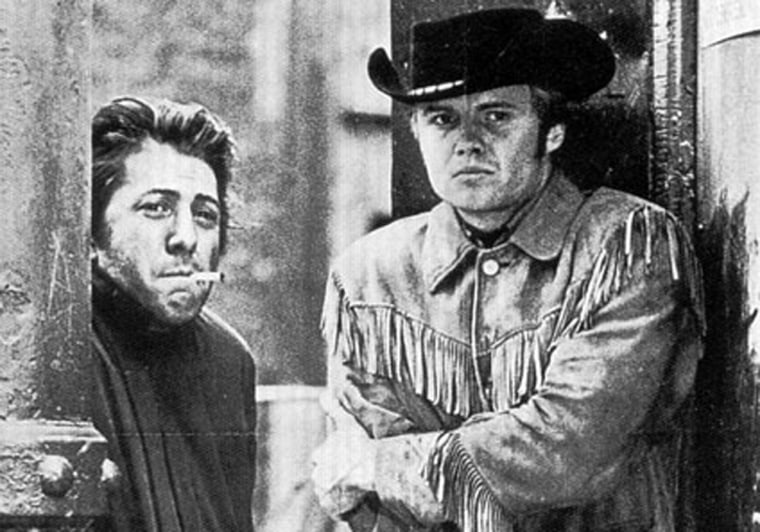
Dustin Hoffman’s greatest asset as an actor has always been his fierce commitment to a role. He doesn’t just play characters, he tears into roles with his teeth. Never has he done so more fervently then with his Academy Award-nominated role as Ratso Rizzo. This Oscar-winning, X-rated film couldn’t be made today. Not just because of the subject matter — naïve hick (Jon Voight) dreams of being a kept stud — but because a studio would be too afraid to put a seemingly unlikeable character like Ratso on the screen. You can almost hear an executive saying, “Who would want to see that?” Any film lover with a hunger to see fantastic acting, that’s who.
“The Graduate” (1967)
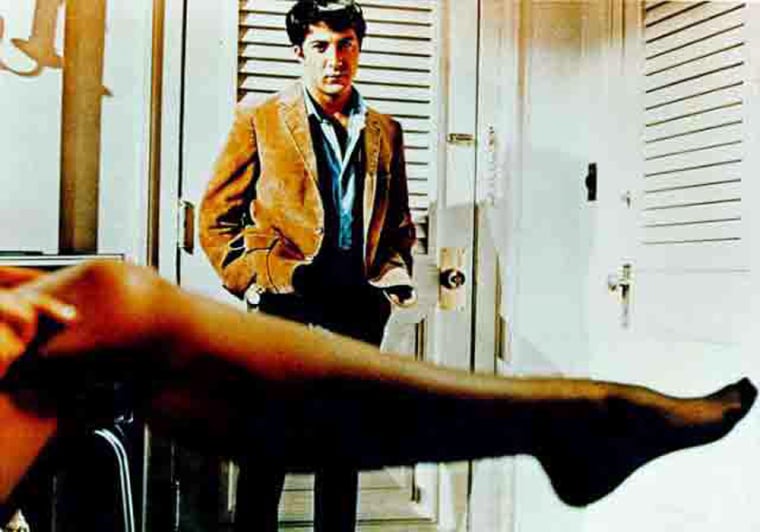
Warren Beatty and Robert Redford were both considered for the role of Benjamin Braddock. Thankfully, neither one got the part. What makes this film work is Hoffman’s everyman quality. The fact that Anne Bancroft gives this guy a chance probably fueled the fantasies of every man in the audience. It’s hard to picture Beatty or Redford stammering while asking the hotel clerk for a room. Those guys would have seduced Mrs. Robinson. Hoffman also is able to put the question mark on that “happily ever after” ending. Looking at him and Katherine Ross at the end of the film, it’s hard not to think, “Really?”
“All the President’s Men” (1976)
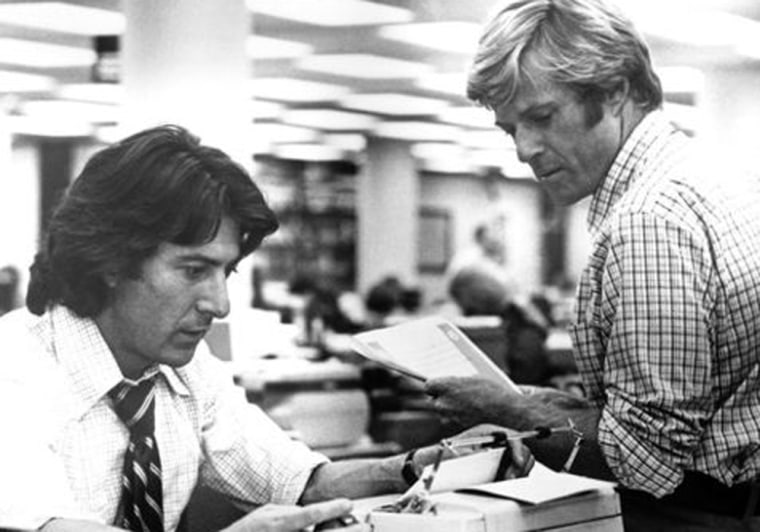
Hoffman brings energy to every role he plays — he’s the actor version of caffeine (see also: “Marathon Man”). As he and Robert Redford get to the bottom of the Watergate conspiracy, the urgency to get the story comes through in every syllable Hoffman utters — he's positively jittery as he tries to get a third confirmation from a source by telling him not to hang up as he counts to 10. And Hoffman never walks in this film; he trots or runs everywhere he goes. He makes his Carl Bernstein not just hungry for the story, but starving, as if this is the last meal this guy will ever have.
“Tootsie” (1982)
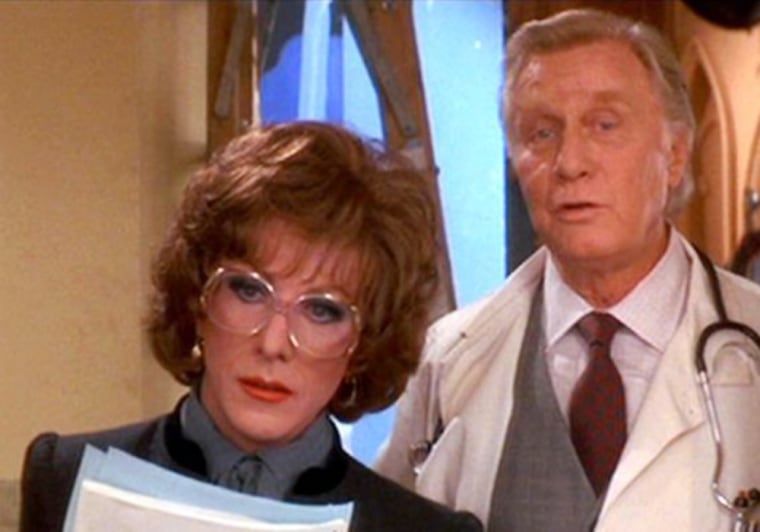
The key to this film is the scene where Michael Dorsey (Hoffman) argues with his agent (Sydney Pollack, who directed the film) about how to play a tomato. “Nobody does vegetables like me,” Dorsey protests. “I did the best tomato, the best cucumber... I did an endive salad that knocked the critics on their ass.” It’s hard not to have the sneaking suspicion that you are watching the real Dustin Hoffman, which is what makes his commitment to playing a woman on a soap opera that much funnier. Yes, Hoffman would go this far for a good part.
“Straw Dogs” (1971)
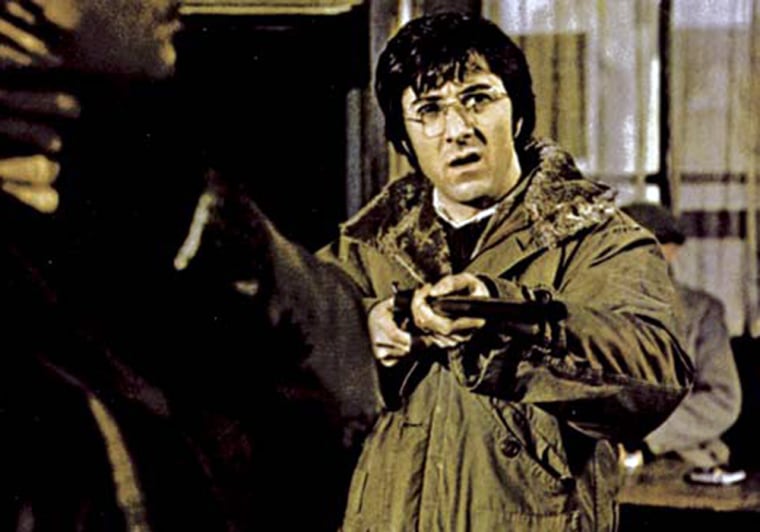
When this film came out, New York Times film critic Pauline Kael famously called it “the first American film that is a fascist work of art.” Dare to disagree with Kael. Hoffman’s strength (particularly in his work in the '60s and '70s) lies in his ability to play unlikeable characters. As the mild-mannered David Sumner, a guy who moves to the country with wife Amy (Susan George) only to be targeted by a group of violent locals, he’s not sympathetic. He’s the kind of guy you’d expect to be picked on. Director Sam Peckinpah almost dares you to root against him. And, after the rape of his wife, when he finally turns violent, it’s no triumph. It’s a descent.